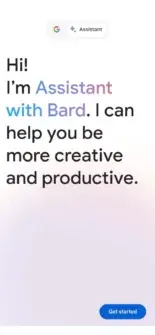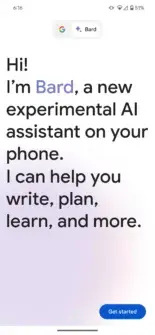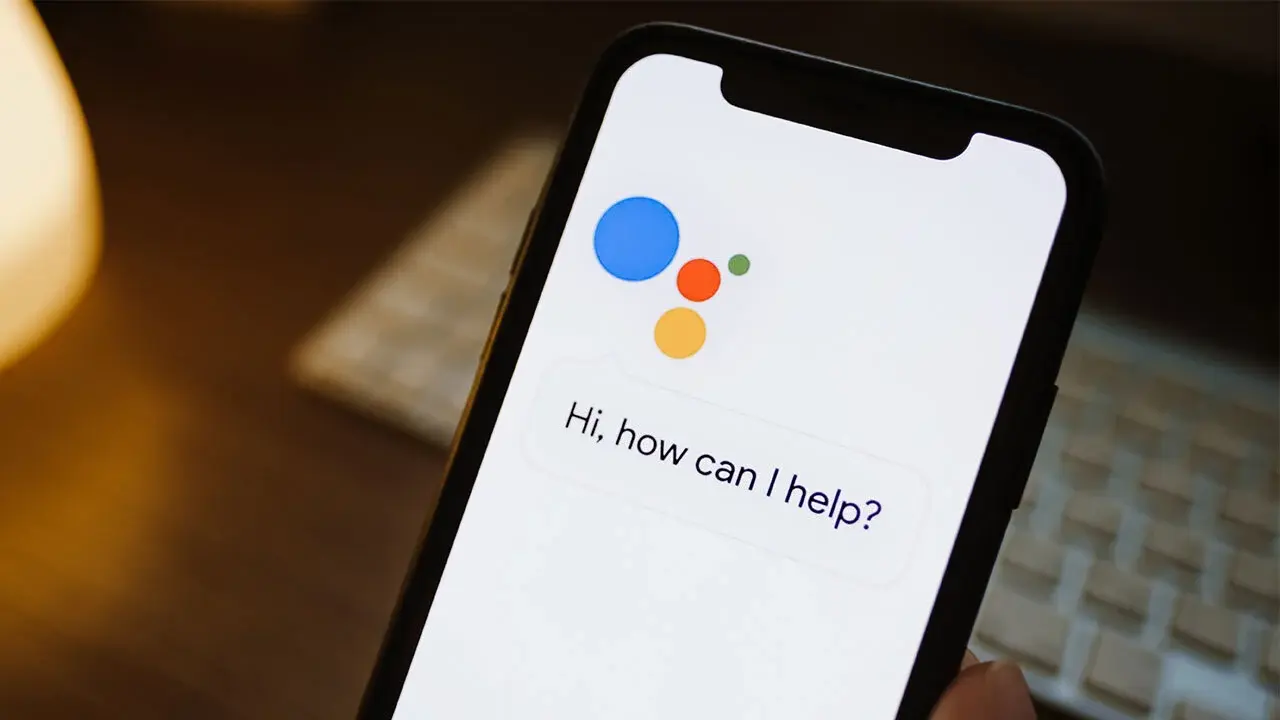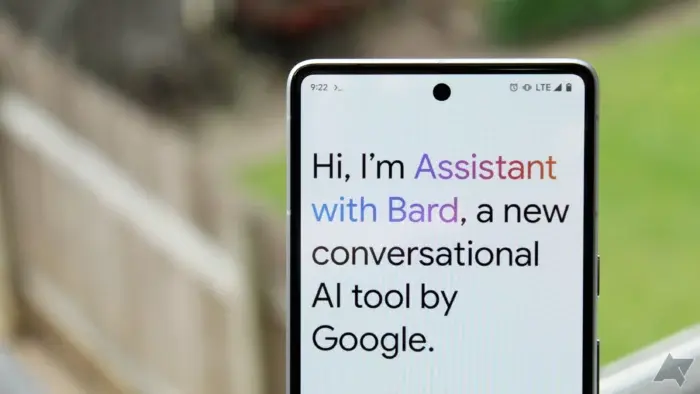Voice assistants are revolutionizing how we interact with technology. These virtual helpers, powered by artificial intelligence (AI), respond to spoken commands and perform various tasks, from setting alarms to playing music to controlling smart home devices.
In the rapidly growing voice assistant market, Google Assistant holds a prominent position. With over 1 billion monthly active users, it ranks second globally, closely behind Amazon’s Alexa. Google Assistant is deeply integrated into the Android ecosystem, pre-installed on most Android devices, and accessible through smart speakers and headphones like the Google Home and Nest Mini.
At the Pixel 8 event, Google announced the arrival of “Assistant with Bard” in 2024. However, before it reaches Android, Google may simply rename it “Bard.” This suggests a potential shift in branding for the upcoming voice service.
9to5Google has already shared a preview of the Assistant with Bard user interface, and how Google has made bard.google.com work better on mobile phones. A few weeks ago, when you set it up for the first time, the welcoming screen said: “Ні! I’m Assistant with Bard…”
Google Assistant Changing to Bard?
Now, with Google app version 15.2, they have changed the friendly introduction to: “Hi! I’m Bard…”


Starting today, most mentions of “Assistant with Bard” have been changed to just “Bard.” This suggests that Google has decided not to use the name “Assistant with Bard” for its upcoming voice service.
Additionally, the company is now calling “Bard” a “digital assistant,” rather than just another version of Assistant. Another sign of this change is that the term “classic” is no longer used to describe the old Assistant. This rebrand makes “Bard” more important, while making “Assistant” less important.
Google Assistant already Lost a lot of Features 
Last week, Google removed several Assistant features, stating that it wants to prioritize “quality and reliability,” aiming to make Assistant easier to use across devices. This move suggests that Bard is the future of Assistant. However, with the potential rebranding, what comes next for “Assistant” is not as clear as it used to be.
There’s a possibility that when Bard becomes more stable and less experimental, the name “Google Assistant” might return in another rebrand. However, this could be confusing for users. At the launch, it seems likely that this next-generation offering won’t be called “Assistant with Bard.” With time, things will get clearer for all users around the world. For now, the focus still remains on Bard.
How can this Move Benefit Users?
- Enhanced Features and Capabilities: Bard leverages Google’s advanced AI capabilities, offering more natural and powerful interactions compared to the current Assistant. This could include tasks like writing different kinds of creative text formats, answering open-ended questions with greater understanding, and handling complex requests seamlessly.
- Simpler Experience: Removing the “Assistant” part from the name can potentially simplify the branding and user experience. Bard stands on its own as a distinct digital assistant, while minimizing confusion about different versions or functionalities.
- Improved Usability: Google’s focus on quality and reliability suggests a dedicated effort to refine Bard’s performance and make it more user-friendly across various devices. This could lead to a more efficient and intuitive experience for interacting with your smartphone, smart home, or other connected devices.
Challenges
- Potential Confusion: While eliminating “Assistant with Bard” clarifies the branding, it might initially confuse users accustomed to the existing “Google Assistant” name. A clear communication strategy from Google will be crucial to ensure a smooth transition and avoid disorientation.
- Uncertainty about the Future of “Assistant”: The article leaves open the possibility of the “Google Assistant” name returning in the future. This ambiguity could create confusion about Bard’s position and whether it entirely replaces the old Assistant or coexists alongside it.
- Learning Curve for New Features: With its advanced capabilities, Bard might require users to adapt to new interaction patterns or functionalities compared to the familiar Google Assistant. A user-friendly interface and clear instructions will be key to promoting smooth adoption and maximizing the benefits of Bard’s potential.
Overall, the shift towards Bard represents a significant evolution in Google’s voice assistant technology. While some initial challenges might arise, the potential benefits in terms of enhanced features, simplified experience, and improved usability suggest a promising future for Bard as the primary voice assistant experience.
It’s important to note that the situation is still developing, and more details about Bard’s rollout and impact on users might emerge in the coming months. This analysis provides a snapshot based on the current information available.





